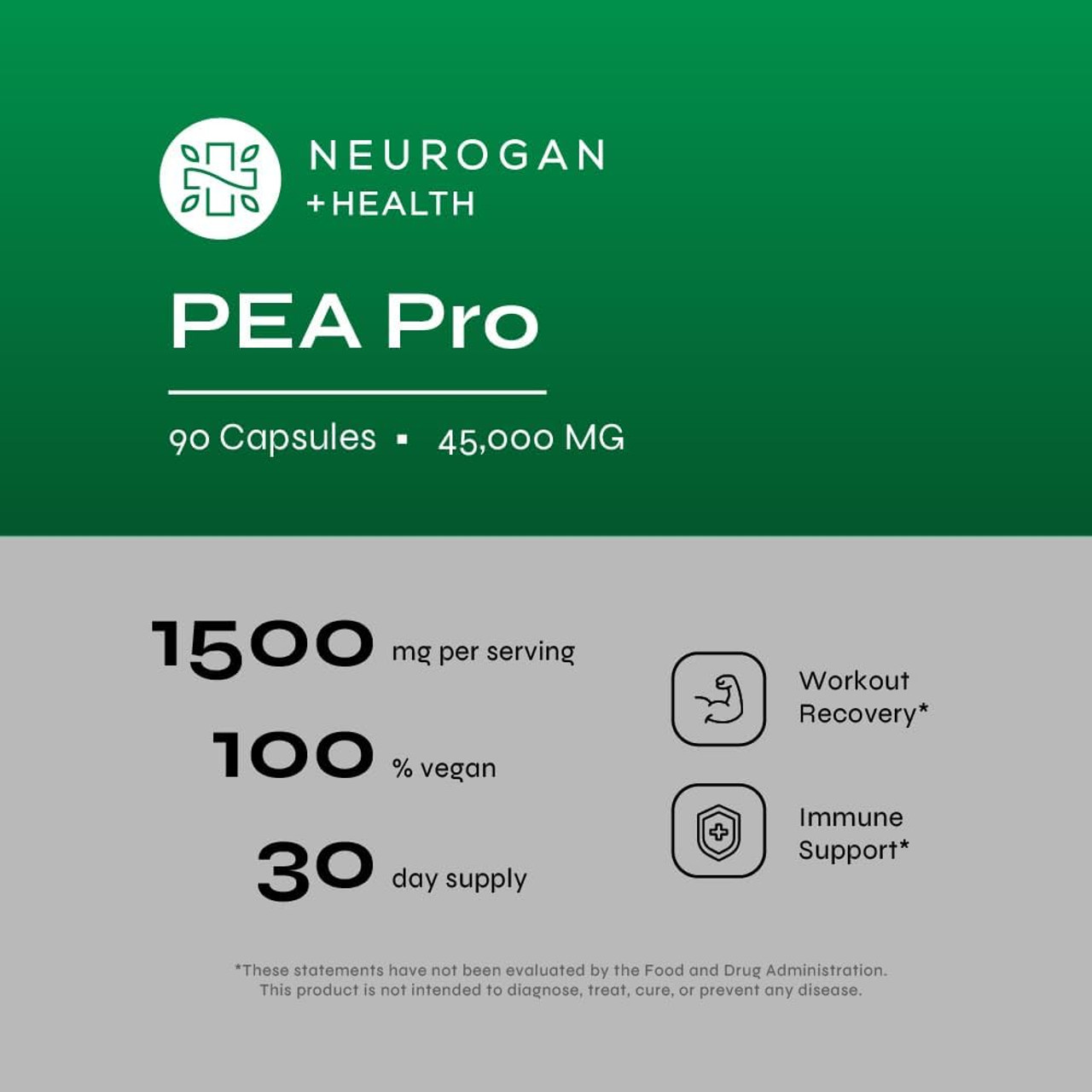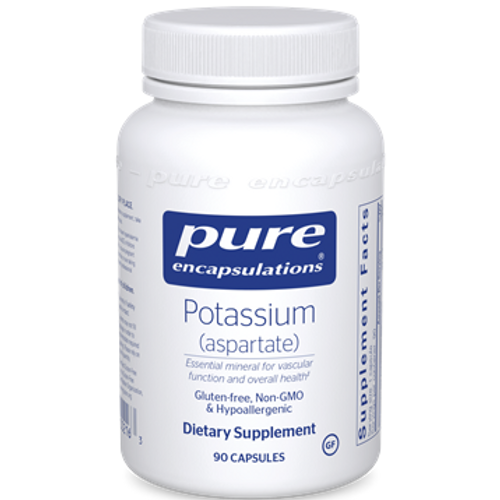Product Description
I was very excited to learn about this substance, PEA (Palmitoylethanolamide), and its promising effect on chronic pain for conditions such as arthritis, neuropathy, fibromyalgia, and more. Ultra-micronized has been studied and found beneficial for conditions such as Parkinson's disease. See my informational page on PEA here: PEA/Palmitoylethanolamide | Wondrous Roots
About this item
- ENHANCED ABSORPTION: Our PEA Pro Capsules undergo Ultra-micronization for Maximum absorption — boosting the body's natural responses to discomfort and overall well-being.
- BALANCED LIFESTYLE: This PEA Supplement, Palmitoylethanolamide, supports the body's natural equilibrium, especially in response to physical stress, joint pain, discomfort, and inflammation.* It's ideal for those seeking a comfortable lifestyle and a natural choice for balanced wellness.
- PURE AND POTENT FORMULA: Our PEA Palmitoylethanolamide supplement are free of fillers, ensuring utmost purity and potency. Trust only in the highest-quality ingredients for your health and well-being journey.
- A FAMILY-OWNED LEGACY: Neurogan is more than just a brand—it's a family-owned legacy driven by passion and dedication. Proudly made in the USA, our supplements undergo meticulous crafting in a GMP-certified facility, backed by third-party lab tests for unmatched quality and safety.
- QUALITY MEETS SATISFACTION: At Neurogan, our commitment to quality is unwavering. If you're unhappy with your purchase, we offer a full money-back guarantee within 30 days of purchase.
Ultra Micronized PEA Supplements
Palmitoylethanolamide in the Treatment of Chronic Pain Caused by Different Etiopathogenesis
Abstract
Objective. To assess the efficacy and safety of palmitoylethanolamide (PEA), an endogenous fatty acid amide belonging to the N-acylethanolamines family, in reducing pain severity in patients with pain associated to different pathological conditions.
Methods. This was an observational study conducted on 610 patients who were unable to effectively control chronic pain with standard therapies. PEA (600 mg) was administered twice daily for 3 weeks followed by single daily dosing for 4 weeks, in addition to standard analgesic therapies or as single therapy. The primary outcome measure was the mean score pain severity evaluated by the numeric rating scale. Safety was also evaluated.
Results. PEA treatment significantly decreased the mean score pain intensity evaluated in all patients who completed the study. The PEA effect was independent of the pain associated pathological condition. PEA-induced decrease of pain intensity was present also in patients without concomitant analgesic therapy. Importantly, PEA showed no adverse effects.
Conclusions. In this study, PEA was effective and safe in the management of chronic pain in different pathological conditions.
Palmitoylethanolamide: A Natural Compound for Health Management
Abstract
All nations which have undergone a nutrition transition have experienced increased frequency and falling latency of chronic degenerative diseases, which are largely driven by chronic inflammatory stress. Dietary supplementation is a valid strategy to reduce the risk and severity of such disorders. Palmitoylethanolamide (PEA) is an endocannabinoid-like lipid mediator with extensively documented anti-inflammatory, analgesic, antimicrobial, immunomodulatory and neuroprotective effects. It is well tolerated and devoid of side effects in animals and humans. PEA’s actions on multiple molecular targets while modulating multiple inflammatory mediators provide therapeutic benefits in many applications, including immunity, brain health, allergy, pain modulation, joint health, sleep and recovery. PEA’s poor oral bioavailability, a major obstacle in early research, has been overcome by advanced delivery systems now licensed as food supplements. This review summarizes the functionality of PEA, supporting its use as an important dietary supplement for lifestyle management.
Product Videos
Custom Field
Product Reviews
2 Reviews
-
PEA
I stopped taking the turmeric and just taking this , working some but not full force yet.
-
Game Changer
I’m pleased to report that the PEA is a game changer for me (at the 3 capsules per day dosage). A little background on me, I suffer with osteoarthritis, psoriasis, psoriatic arthritis, and fibromyalgia. I can’t say I am totally pain free but I can say that in spite of the mass canning production I was doing my sciatic pain was about a 2 out of 10, most days and I am able to sleep in bed almost every night which is a huge improvement in itself. To put this in perspective for you, I was canning about 6+ hours per day, every day. This doesn’t include the time I spend weeding, picking, snapping, etc. This product has been a game changer for me so I recommended it to a friend who experienced a sudden onset of debilitating arthritis in his hands and couldn’t use them at all. I shared my PEA with him while he awaited his shipment. Unfortunately, I ran out and was without my PEA for a day and a half. Let me tell you, if there was ever any doubt that this stuff works for me I proved it to myself when I didn’t have it for a day and a half. The pain level rose quickly along with more stiffness. So as soon as the package arrived I took the 3 capsules and was so thankful for this amazing product. I’m a believer in this! A couple months ago I experienced a huge fibromyalgia flare that knocked me down and out almost completely. I followed Rebecca’s advice and doubled the dose to 3 capsules twice a day (3 in the morning and 3 in the evening). This worked great! After about 3 weeks I was able to return to the regular 3 capsules per day. I praise God for this amazing product and for Rebecca who has introduced it to me, educated me on its use, and followed up with me on my progress. NO COMPLAINTS HERE!

























